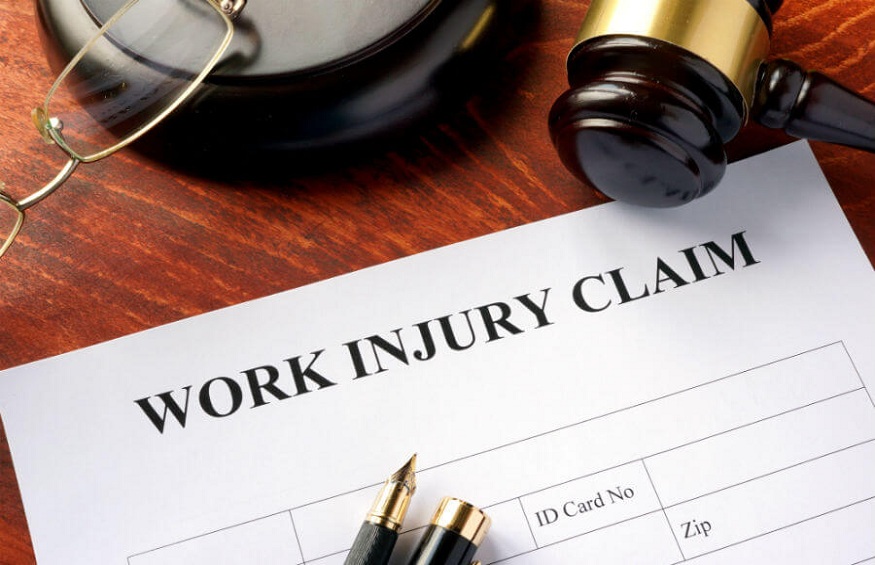
What Should You Do If You’re Injured at Work?
Getting injured at work is often devastating and confusing. While your primary focus should be getting well, you may have to worry about paying the medical bills and other expenses related to the injury. Fortunately, nearly every state requires employers to carry workers compensation insurance to pay for injuries workers may sustain while at work. Workers compensation costs vary depending on the state laws, risks in the job, business size, and type of work employees do. So what should you do in the event of an injury at work? In this post, we will discuss the steps you can take to recover and receive full compensation for your pain, loss, and injuries.
Report Your Injury to Your Colleagues and Employer
The first step toward getting the help you need is reporting your injuries. You may not have time to write a letter or walk to your manager’s office, but you can inform your colleagues, who will, in turn, inform your employer. This is an essential step as it can help you file a claim for compensation or if there is an investigation. If you report your injury early, your employer and their insurance company may not dispute the accident. Most organizations and insurance policies have a deadline by which you must report an accident to be covered by worker’s compensation insurance. Even if your injury is not serious, reporting allows your employer to put in measures that could prevent future accidents.
Focus on Your Recovery
This is by far the most important thing you can do after reporting your injury. The company’s first-aider can treat your injuries to save your life as you await the ambulance. Even if your injuries appear minor, you need to get checked in case you have sustained internal injuries that can become a lifelong condition. Get the necessary tests done to eliminate doubts and confirm you’re out of danger.
File an Accident Report
Whether you think or believe you’re injured, it’s essential to report your accident to protect you if you start experiencing the symptoms a few weeks or months after the accident. Depending on the nature of the injury, you may need your employer’s workers compensation insurance to compensate you for your loss and pain.
Document the Injury if You Can
If you’re in a position to take photos or videos of the incident and the injury, do so as soon as possible. You may need this as evidence in case you need to defend yourself from any accusations an employer or their insurance company may bring to the case. Remember, your employer’s insurance company will hire a lawyer to build a strong case against you. Therefore, make sure you handle your case like a crime scene and carry any material you need to defend yourself.
Let the Doctor Record Your Injuries
The insurance company may require you to go to a hospital of their choice. If you’re not comfortable with their choice, you can always go to a hospital of your choice and see your doctor. Let your doctor know about all your injuries and pain. Don’t ignore even the scratches, as the insurance lawyers could use them against you in court. Pay attention to how you feel throughout the first few weeks and see the doctor as many times as possible.
Keep a Record of Your Losses and Expenses
Compensation means getting back to the position you were in if the accident never happened. That means your employer’s insurance should pay for every expense you incur due to the injury. If you have to be out of work for several months, the insurance should pay for the lost income. The government also requires employers with more than ten employees to record severe work-related injuries. Keep receipts of doctor visits, bills, and any other associated expenses.
Get in Touch With a Worker’s Compensation Attorney
Before officially filing a claim, you can speak to a worker’s compensation attorney or a dedicated accident at work lawyer to help you get the justice and compensation you deserve. If it’s a criminal case, your lawyer can take you through the steps you need to take to determine what benefits you’re entitled to receive.


